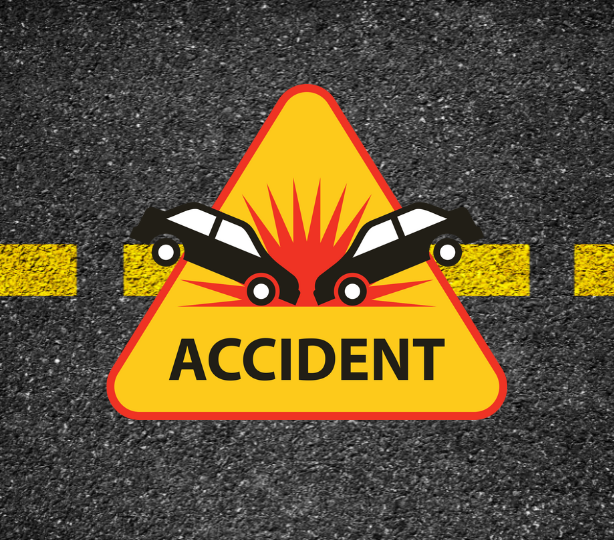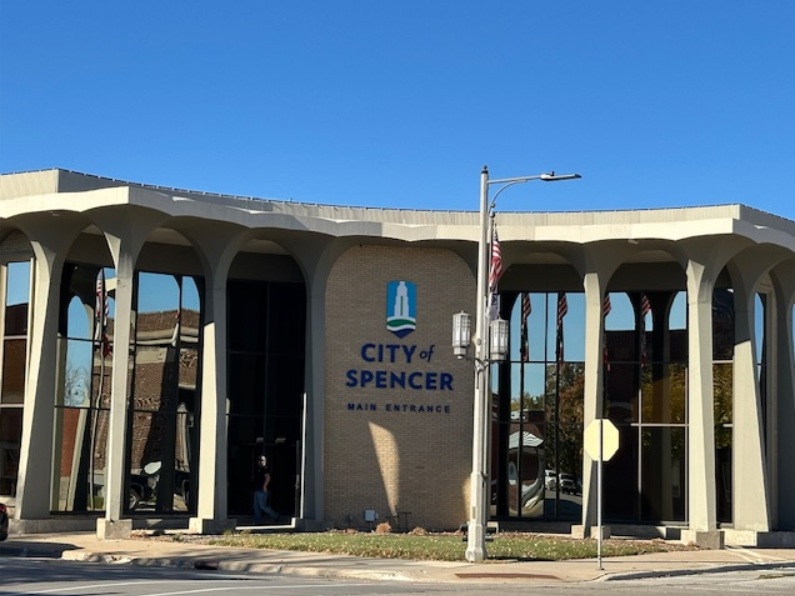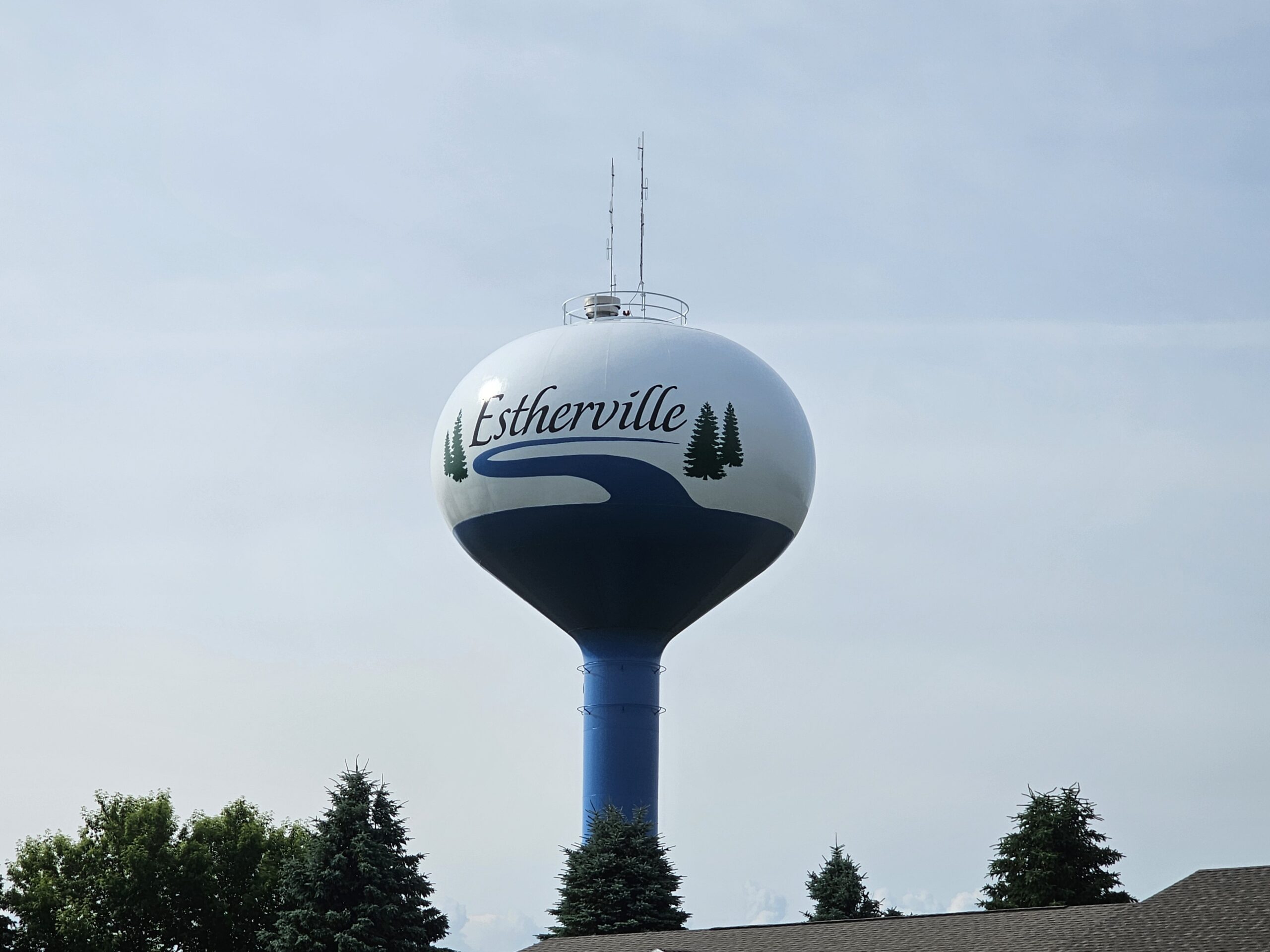HAZARDS OF FLOODED PRIVATE SEWAGE SYSTEMS
SPIRIT LAKE – July 15, 2011
Flooding of a private sewage system can be a hazardous situation for homeowners. It may lead to a back-up of sewage in the home, contaminated drinking water, and lack of sanitation. While you do not have control over rainfall or flooding, Dickinson County Public Health encourages you to prepare for high water problems and respond to emergency flooding.
When flooding or saturated soil conditions persist, a private sewage system cannot function properly. Soil treatment systems for wastewater rely on aerobic (with oxygen) regions to reduce the amounts of chemicals and living organisms (viruses, bacteria, and protozoa) in the wastewater. When the soil is saturated or flooded, there is no oxygen to reduce these hazardous materials. They can then enter the groundwater and your drinking water supply.
Dickinson County Public Health encourages these steps to prepare for and respond to a flood:
Preparing for Flooding
If you are prepared when flooding occurs, your family can be safe and your system should survive. To prepare for a flood you should:
* Make sure all septic tanks are full of liquid. Do not have the tank pumped during the high-water season. Empty tanks are buoyant and may “pop out” of the ground during flooding.
* Plug floor drains, if necessary, to keep sewage from backing up into the basement. However, flood water may still enter the basement through cracks and seams.
* If parts of your septic system are above ground, be sure the openings are sealed to prevent silt from entering the system.
During the Flood
* Do not use your private sewage system. If possible, use portable toilets or use any large container with a tight-fitting lid for a temporary toilet. Line the container with a plastic bag, and empty the container after use far away from your well.
* Remember that a well may become contaminated during a flood. Therefore, do not drink the water. Drink bottled water or disinfect water before drinking.
* Do not bathe or swim in flood water. It may contain harmful organisms.
After the Flood
* Do not use the sewage system until water in the disposal field is lower than the water level around the house.
* If you suspect damage to your septic tank, have a professional inspect and service it. Signs of damage include settling or inability to accept water. Because septic tanks may contain dangerous gases, only trained professionals should clean or repair them.
* Do not pump water out of basements too quickly. Exterior water pressure could collapse the walls.
* If sewage has backed up into the basement, clean the area and disinfect the floor with a solution of 1/4 cup of chlorine bleach to 1 gallon of water.




















